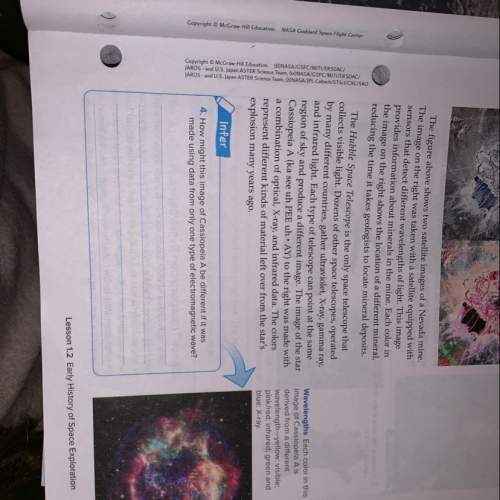
Mathematics, 27.03.2020 08:54 josh3419
At a raffle, 1000 tickets are sold at $5 each. There are 20 prizes of $25, 5 prizes of $100, and 1 grand prize of $2000. Suppose you buy one ticket. Let the random variable X represent your net gain (remember that the net gain should include the cost of the ticket) after playing the game once. 1. Use the table below to help you construct a probability distribution for all of the possible values of X and their probabilities. X (Net Gain) Probability 2. Find the expected value of X, and interpret it in the context of the game. 3. If you play in such a raffle 100 times, what is the expected net gain? 4. What ticket price (rounded to two decimal places) would make it a fair game?

Answers: 1
Another question on Mathematics


Mathematics, 21.06.2019 19:10
Find the roots of the polynomial function f(x) = x^3 + 2x^2 + x
Answers: 2

Mathematics, 21.06.2019 23:30
Without multiplying, tell which product is larger and why. 5 × 1/3 or 5 × 2/3 a)5 × 1/3 because 1/3 is less than 2/3 b) 5 × 1/3 because 1/3 is greater than 2/3 c) 5 × 2/3 because 1/3 is less than 23 d) 5 × 23 because 1/3 is greater than 2/3
Answers: 1

Mathematics, 21.06.2019 23:30
If a runner who runs at a constant speed of p miles per hour runs a mile in exactly p minutes what is the integer closest to the value p
Answers: 2
You know the right answer?
At a raffle, 1000 tickets are sold at $5 each. There are 20 prizes of $25, 5 prizes of $100, and 1 g...
Questions


Mathematics, 14.10.2021 15:20


Mathematics, 14.10.2021 15:30

English, 14.10.2021 15:30

History, 14.10.2021 15:30


SAT, 14.10.2021 15:40





Geography, 14.10.2021 16:00



Mathematics, 14.10.2021 16:10

History, 14.10.2021 16:10


Biology, 14.10.2021 16:10

Mathematics, 14.10.2021 16:10




